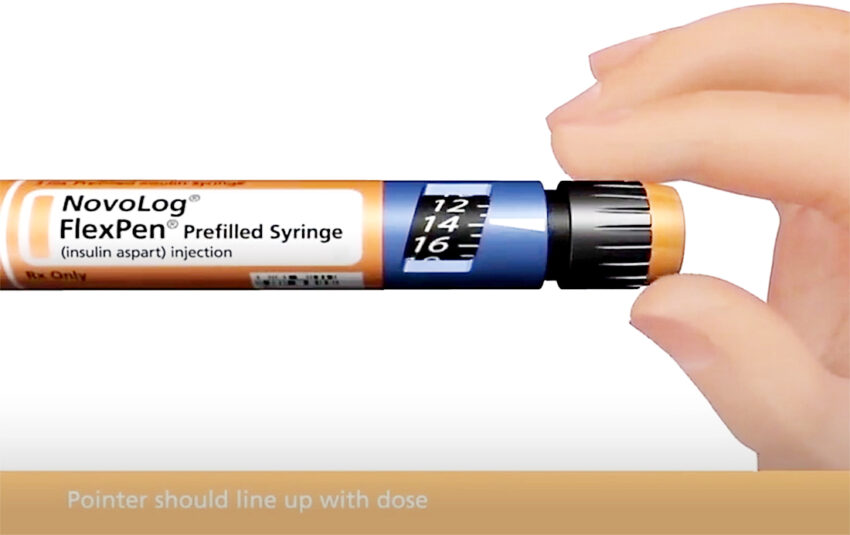
May 13, 2025 – (Bloomberg) — Novo Nordisk A/S’s decision to stop making insulin pens will narrow treatment options for children with diabetes unless non-patented drugmakers such as Biocon Ltd. step in to plug the gap in a $34 billion market.
The Danish drugmaker has started phasing out the easy-to-use insulin pens in some countries, including India, forcing young people to shift to less user-friendly options such as vials and syringes, according to a report by Access to Medicine Foundation, an organization backed by the Gates Foundation and tracking global health-care inequity.
Some of this gap could be filled by biosimilar insulin-pen producers like Biocon, according to the foundation’s director of research Claudia Martinez. The Indian company is one of the biggest manufacturers of biosimilar, or copycat, drugs and also supplies these cheaper variants to low- and middle-income countries.
Novo Nordisk, Eli Lilly & Co. and Sanofi dominate the market for insulin products worldwide, while the much-smaller Biocon is a key player in the copycat segment. The global insulin-pen market is projected to grow to $41 billion by 2030 from about $34 billion in 2025, according to market research firm Mordor Intelligence.
Access to Medicine Foundation assessed these three major drugmakers along with Biocon on their focus over young people with type-1 diabetes, considered among the most vulnerable population living with the condition.
In 2021, there were about 8.75 million people with type-1 diabetes across the world, according to a study published in The Lancet in October 2022. Of these, about 1.5 million people were younger than 20 years and one fifth of the individuals were in low-income and lower-middle-income countries, the study found. Type-1 diabetes is an autoimmune condition that prevents the pancreas from making insulin, a key hormone that regulates the amount of sugar in blood.
“Without sustainable access to diabetes care, they are unable to manage this chronic condition, leading to severe outcomes that are entirely preventable,” the report said.
Novo’s plan to discontinue insulin pens – seen as a more affordable, portable and durable option for managing the condition among younger people – could disrupt supplies and worsen access in South American, African and Asian countries where diabetes care is limited or expensive. Insulin pens enable accurate dosing, apart from offering better protection against light and heat.
Novo’s decision has created significant opportunity for biosimilar drugmakers to increase supply of more affordable products, Martinez said.
Bengaluru-based Biocon is doubling down on its insulin capacity at its Malaysia factory and boosting manufacturing partnerships globally expecting a surge in demand, Chairperson Kiran Mazumdar Shaw told Bloomberg TV on Monday.
“There has been a recent windfall in insulin’s demand,” Mazumdar Shaw said. adding that the company expects a huge boost in sales in the coming years.



